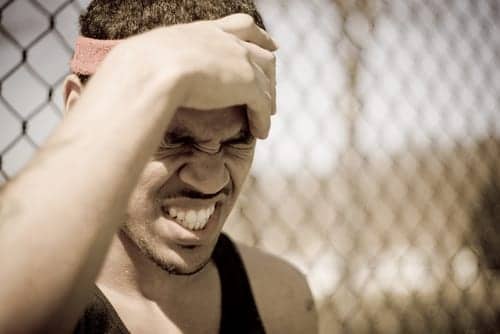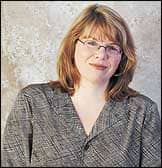
The event reportedly drew a national audience and was hosted by St. David’s HealthCare. During the event, experts in neurosciences, cognitive, vestibular and vision testing, and sports medicine and athletic training shared their insight with attendees, a recent news release reports. Presenters spotlighted best practice concussion management strategies, designating them as care that encompassed cognitive, balance/vestibular, and vision, adding that the care can come from a range of sources, including physical therapists, athletic trainers, team physicians, emergency medicine doctors, family practitioners, neuropsychologists, and other allied health professionals such as school nurses.
Steven Erickson, MD, medical director of Banner Concussion Center, a medical consultant for Major League Baseball who cares for umpires, served as the event’s key note speaker, the release notes. Erickson emphasized to attendees that a common misconception is that an athlete must lose consciousness in order to be considered concussed, stating that “Recent literature reviews fail to support loss of consciousness as a predictor in either concussion severity or the return-to-play timeframe.”
The release reports that Kenneth W. Locker, MA, ATC, and Bucky Taylor, ATC, also made presentations at the event. They addressed concussion management challenges that face athletic trainers, and outlined Texas HB 2039, Natasha’s Law, which applies to interscholastic athletic activity and gained its name from former Texas State University soccer player Natasha Helmick who stopped playing after sustaining multiple concussions. Rod Walters, DA, ATC, a national sports medicine consultant, was also among the symposium speakers. Walters noted that reliance on an athlete’s self-reported symptoms following concussion may likely result in under-diagnosis and may result in premature return to play. Andrea Pana, MD, University of Texas Sports Medicine Department, also shared several reasons an athlete may underreport symptoms, including denial as a result of pressure to compete or fear of losing respect.
Bridgett Wallace, PT, DPT, owner and co-founder of Concussion Compliance, and its sister company Concussion Health, called the event, “a superb day,” noting that it, “confirmed out thinking that there’s no limit to what we can accomplish when we work together. It’s in the best interest of the injured athlete to have a broad, knowledgeable care team that may include their family, coaches, athletic trainers, team physician, school nurse, and other allied health care providers.”
Source: Concussion Compliance





